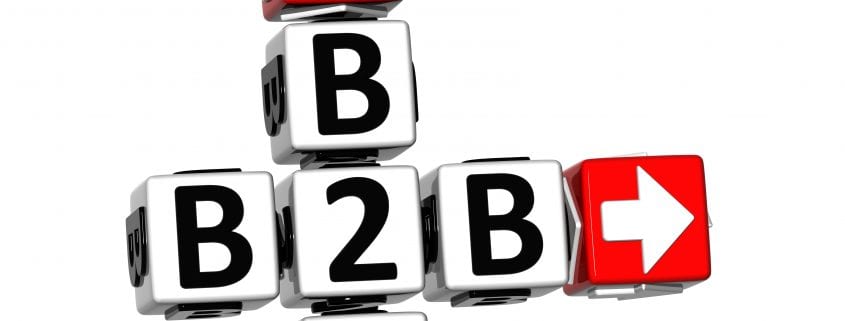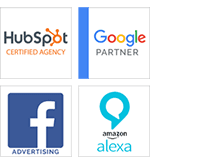
Difference Between B2B and B2C Marketing Automation
Marketing automation offers a company the chance to centralize most of its marketing activities into a single software platform and to automate it to an extent. This centralization appeals to both B2B (business to business) and B2C (business to consumer) companies. However, the way B2B and B2C marketing automation works is different due to fundamental differences between the two groups.
Why Is Marketing Automation Between B2B and B2C Different?
Effective marketing addresses each customer’s individual goals and needs. This remains true whether the customer is B2B or B2C. Because these groups have differing goals and needs, the way you market to them has to be different. As a result, the following differences remain when you use marketing automation:
- The marketing focus differs:
- With B2B, the focus is on generating leads and keeping their subscribers engaged throughout the longer sales cycle.
- With B2C the focus is on building the brand.
- The tactics used are different:
- B2B marketing delivers content that positions the company as an industry leader, while nurturing the lead in the sales process.
- B2C marketing is about the customer journey and making data-driven recommendations for products or services.
- The tone of the messages is different:
- B2B messages are to targeted groups at different stages of the sales cycle.
- B2C messages are more personal and highly relevant to the individual.
How B2C Marketing Automation Differs From That of B2B
With all the differences between marketing to the B2B and B2C groups, it’s easy to see why their marketing automation needs differ as well.
- Communication channels. While both B2B and B2C businesses rely on email for marketing, the B2C use other channels as well. Text messaging, push notifications and retargeting are just a few examples. The B2C marketing automation solution needs to handle these additional channels.
- Data used. B2B consumers are businesses that have specific needs. Marketing data for this group would include approximate company size, industry, point of contact and specific needs. B2C consumers are individuals with specific tastes. Marketing data for this group includes age, gender, purchase history and frequently visited product categories.
- Features needed. B2B companies need help with nurturing their leads through the sales cycle. They want features like lead scoring and integration with their CRM system. B2C companies want to retain the customers they get, so they want features like reputation management, retargeting and retention marketing.
- Marketing focus. B2B marketing focuses building the one-on-one relationship. B2C is more about building the brand and building mass appeal.
- Pricing. B2B automation is priced based on the number of contacts managed within the system. B2C automation is priced based on the volume of data. It is not uncommon for B2B automation to have only 100 contacts in the system while B2C has thousands.
The differing approaches of B2B and B2C marketing lead to their different marketing automation solutions. Trying to substitute one strategy for the other is difficult, due to different features and pricing structures. If you need help finding the right solution for your business, contact us at Stevens-Tate.

Dan Gartlan helps companies of all kinds drive their business initiatives and achieve their goals with strategic marketing programs that deliver results. As President of Stevens & Tate Marketing, he has over 20 years experience across various industries, and continues to share his expertise to build brands nationwide.





